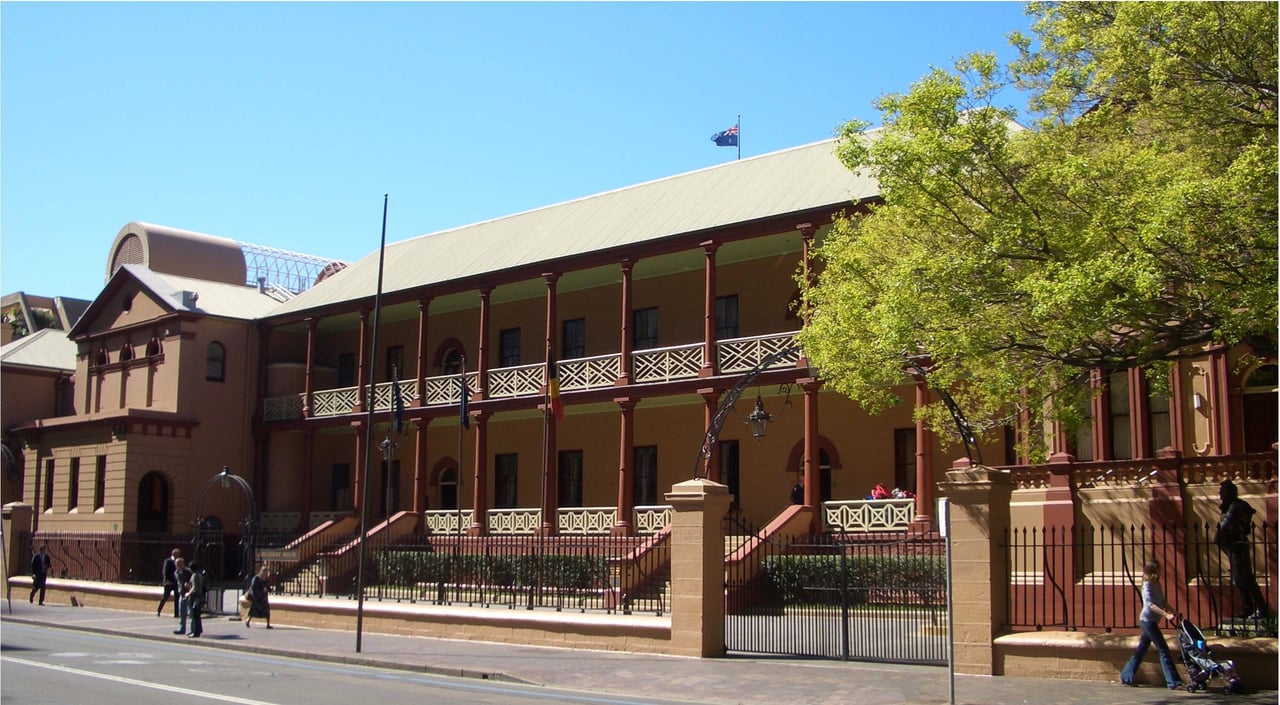Additional measures welcomed to tackle NSW approach to tackling modern slavery

MEDIA RELEASE
Thursday 25 November 2021
SYDNEY, AUSTRALIA – The NSW Parliament has today passed a government motion to ensure the Department of Parliamentary Services is captured by the state’s modern slavery regime.
Today’s motion builds on NSW’s strengthened amended modern slavery law, which was passed by the Parliament last week after strong advocacy from International Justice Mission (IJM) Australia.
The inclusion of the Department means that local councils, state-owned corporations and now the Parliament itself must ensure the goods and services they procure are not the product of modern slavery.
IJM Australia CEO, Steve Baird, welcomed the passage of the motion as a further strengthening of the NSW approach to tackling modern slavery.
“This is a welcome move by the NSW Government and the Parliament, which means another important institution has to ensure that modern slavery is not part of the goods and services it procures,” Mr Baird said.
“We know the Department of Parliamentary Services spends around $200 million every year of taxpayer money and that money should be safeguarded from potentially fuelling the scourge of modern slavery.
“As the keeper of NSW’s democracy, the NSW Parliament should be the gold-standard when it comes to tackling modern slavery, and this is a really positive step in ensuring that is the case.”
Today’s motion builds on the passage of the Modern Slavery Amendment Act, which passed the Parliament last week and will come into effect from 1 January 2022.
Some of the important features of the new law include:
- The law establishes a new Anti-Slavery Commissioner, who is properly resourced and truly independent of government.
- The law ensures that local governments and state-owned corporations are covered by any NSW modern slavery regime.
The latest data from SD Strategies, which analysed 36,000 supply chains to 60 Australian businesses, found 48 per cent were potentially at ‘high risk’ for modern slavery, highlighting the importance of a strong legislative response.
Of the 1,000 goods and services analysed, 82 per cent were likely to have been produced by people in slavery at some point in the supply chain – in other words, eight in every ten products on the shelf.
MEDIA: Nick Trainor 0407 078 138